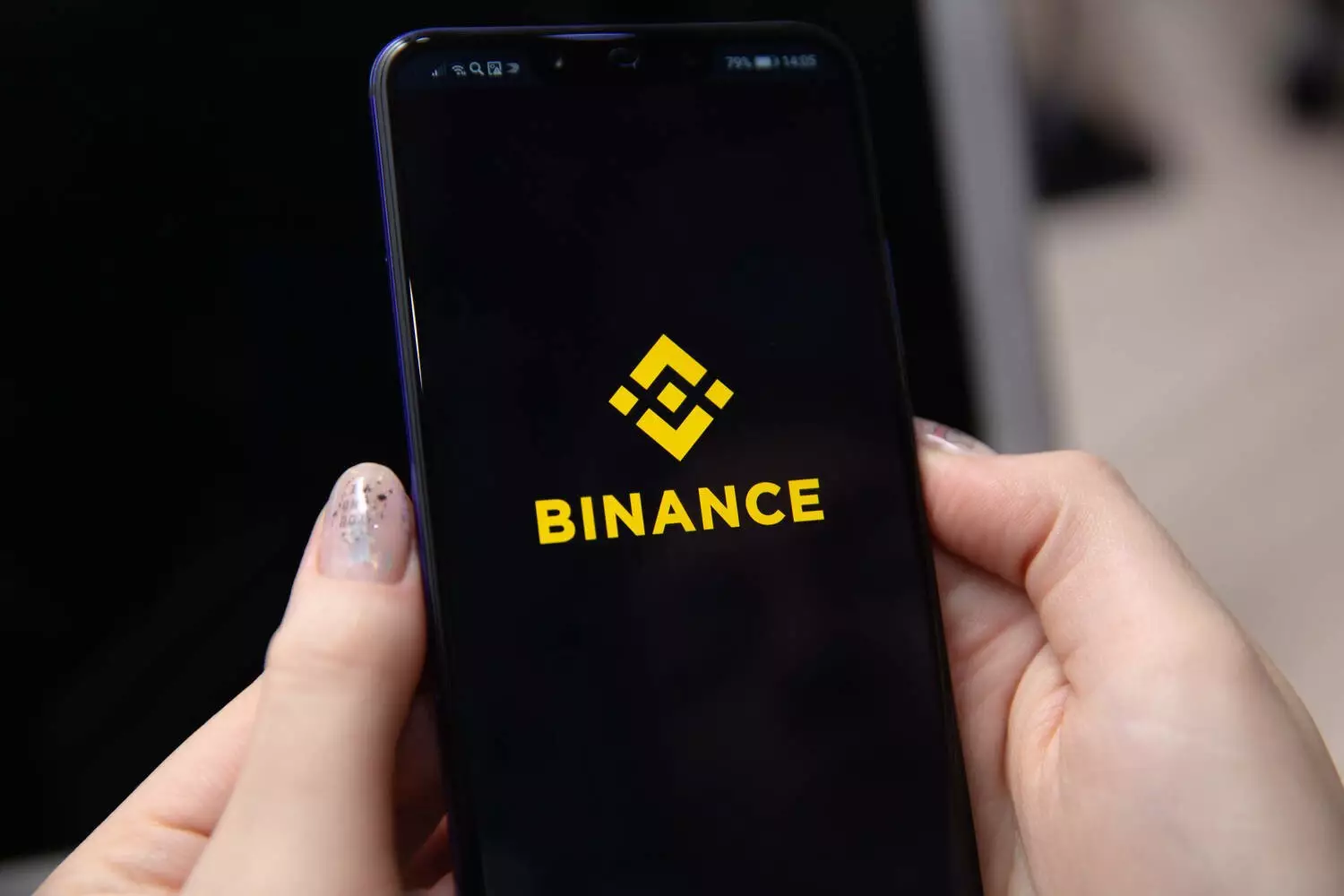Binance, a leading cryptocurrency exchange, has recently found itself at the center of controversy due to its association with Russian banks under sanctions. The Wall Street Journal (WSJ) raised concerns about Binance’s offering of sanctioned banks as transfer options, potentially violating international sanctions regulations. This article critically analyzes the situation and delves into the implications for Binance and the broader cryptocurrency industry.
The WSJ report pointed out Binance’s operational connections with Russian banks like Tinkoff and Rosbank. This connection raised concerns about potential sanctions violations, as Binance appeared to endorse these banks as payment methods. The report highlighted the ongoing conflict between Russia and Ukraine, suggesting that Binance’s involvement with sanctioned banks may constitute a breach of sanctions.
In response to the allegations, Binance vehemently denied any affiliation with Russian banks under sanctions. A Binance spokesperson stated that the exchange follows global sanctions rules and enforces sanctions on individuals, organizations, entities, and countries blacklisted by the international community. The company emphasized its commitment to compliance and denied any wrongdoing.
Following the controversy, Binance reportedly removed the sanctioned Russian banks from its payment methods. However, reports emerged that these banks resurfaced using coded terms, such as “yellow” and “green,” to represent Tinkoff and Rosbank, respectively. The Wall Street Journal’s subsequent report suggested that the removal of the sanctioned banks was in response to Binance discovering users using the service to bypass sanctions.
This incident adds to the legal challenges Binance has faced this year. The exchange is currently facing a lawsuit from the US Securities and Exchange Commission (SEC) for alleged violations of federal securities laws. The involvement of Binance in facilitating fund transfers for Russian citizens, particularly in light of the sanctions, further complicates its legal predicament.
Sanctions imposed by the European Council and the United States on Russian banks prohibit any form of ruble transfer to foreign bank accounts or for currency conversion. In response to these economic and financial sanctions, Russian citizens have turned to cryptocurrencies as a means of circumventing the restrictions. The WSJ report highlighted that Binance’s peer-to-peer services facilitated trades totaling $428 million per month between October 2022 and March 2023.
The association of Binance with sanctioned Russian banks has raised serious concerns about potential violations of international sanctions regulations. While Binance has denied any affiliation with these banks, the coded terms used to represent the sanctioned institutions indicate a more complex situation. As Binance faces legal hurdles and criticism, the future of the cryptocurrency exchange industry may be impacted. It remains to be seen how Binance will navigate these challenges and restore trust among regulators and users alike.

